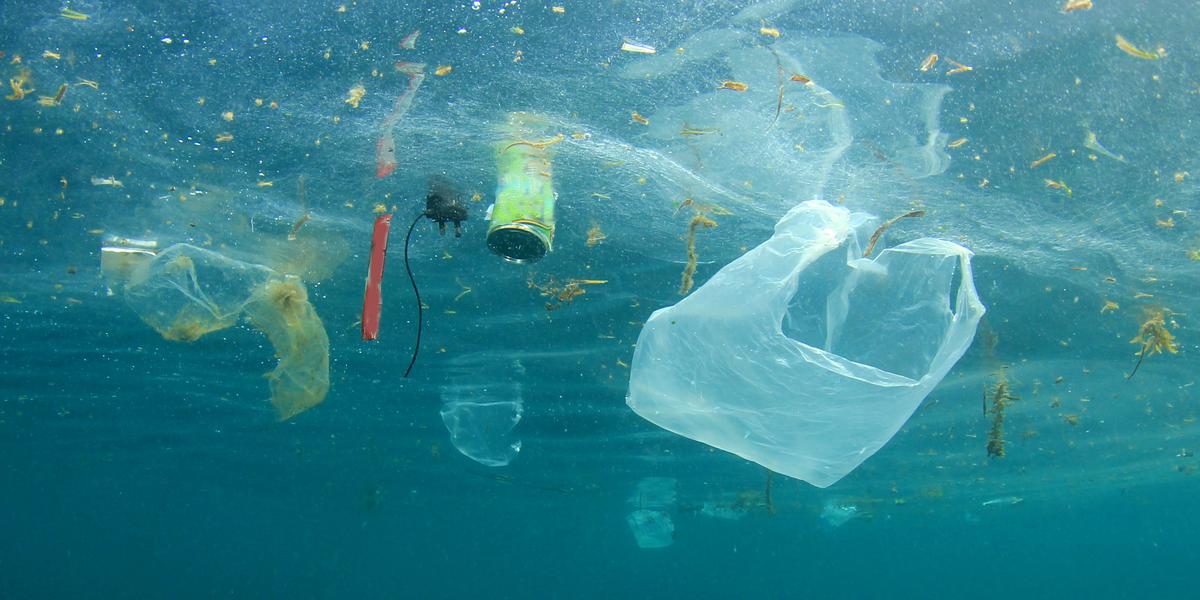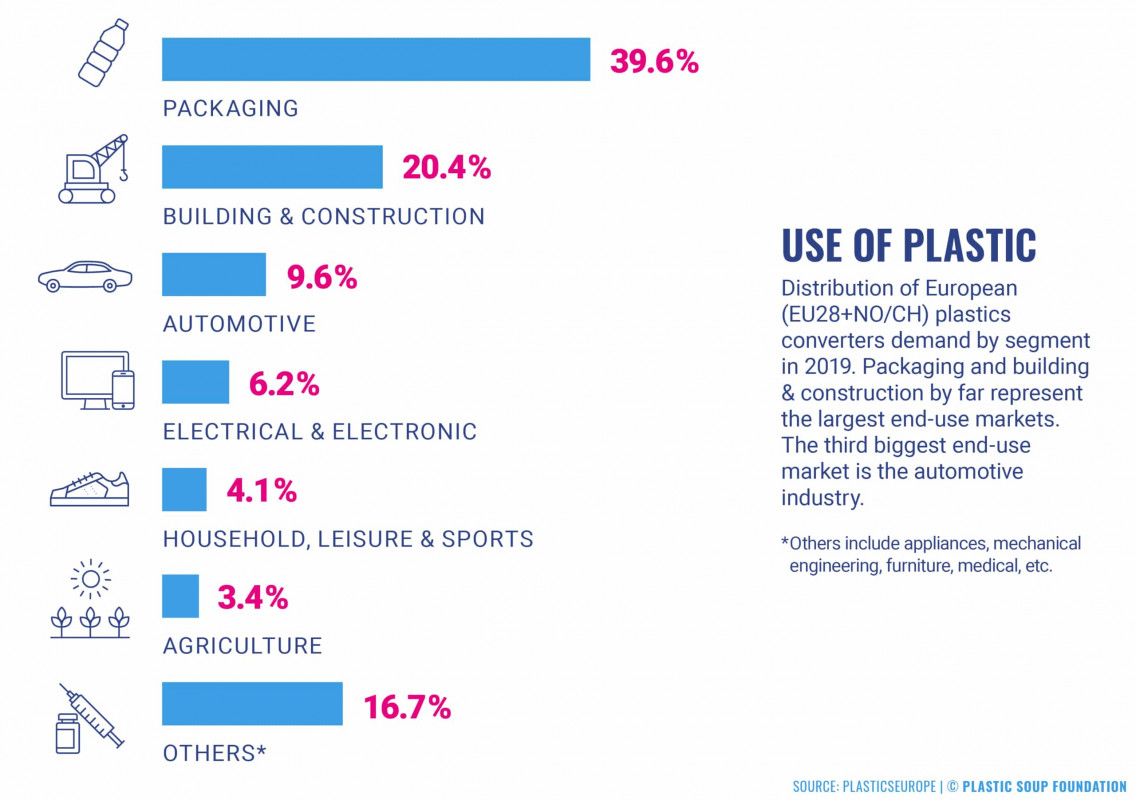 On March 2, the United Nations agreed on a roadmap to end plastic pollution.
On March 2, the United Nations agreed on a roadmap to end plastic pollution.
Nearly 200 member nations met in Nairobi, Kenya to formally adopt the agreement which will be the start of negotiations for a landmark plastic treaty.
Once signed, this treaty could regulate plastic production and perhaps even ban single-use plastics, one of the biggest culprits in pollution.
How is plastic pollution affecting the world right now, and what might be expected from the treaty? Let’s take a closer look.
Swimming in Plastic
 There is no denying plastic’s usefulness. It’s everywhere: in household products, clothes, toys, packaging. The material has also brought life-saving innovations to our society – medical devices, helmets, and more. And yet, plastic’s convenience has had devastating impacts on our environment.
There is no denying plastic’s usefulness. It’s everywhere: in household products, clothes, toys, packaging. The material has also brought life-saving innovations to our society – medical devices, helmets, and more. And yet, plastic’s convenience has had devastating impacts on our environment.
Plastic is manufactured from fossil fuels and releases toxic and greenhouse gases at all stages of its production. In fact, one study recently estimated that plastics made up 4.5 percent of global emissions in 2015. This figure outweighs emissions from all of the world’s airplanes!
However, just 9 percent of plastic is actually recycled. Plastics are overwhelmingly single-use and most of them end up as litter in landfills, dumps, and the environment.
Despite their brief life span, plastics can remain intact for hundreds of years and linger in the environment as microplastics. These minuscule pieces of plastic have already seeped into our water and food, and scientists have detected them in even the most remote places on Earth, such as the Mariana Trench.
Animals are especially vulnerable as both land and sea animals ingest microplastics. Millions of animals die every year, either suffocating in large pieces of litter or starving to death from plastic-packed stomachs.
How could a new treaty help?
 The Nairobi agreement has outlined a few key points the future treaty must address.
The Nairobi agreement has outlined a few key points the future treaty must address.
First, the treaty must be legally binding. Next, the treaty should address plastic’s full life cycle, including all stages of production, disposal, and recycling. The treaty should also tackle microplastics and issues of packaging design, and recognize the negative effects of pollution on human health.
Finally, the treaty should acknowledge the role of developing nations in receiving and handling plastic waste and provide technical and financial assistance. Achieving these points will completely revolutionize our consumption of plastic. They will impact not only companies and manufacturers but our habits as consumers and citizens.
Despite protests from some UN member nations, and likely push-back from fossil fuel companies, supporters have expressed hope for this treaty, and negotiations are projected to wrap up in 2024.
Sources: Reuters, BBC, NYTimes, National Geographic, The Conversation







